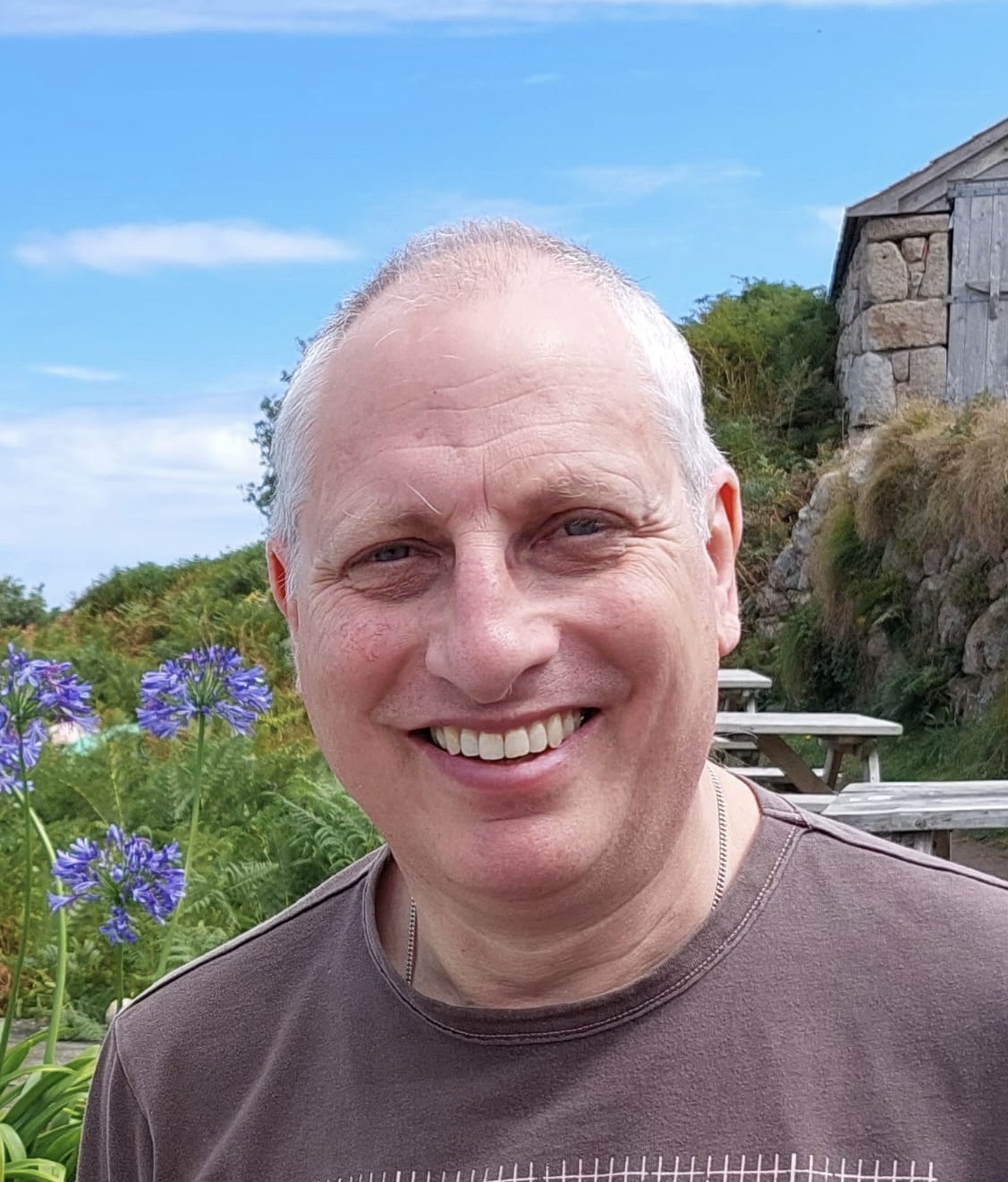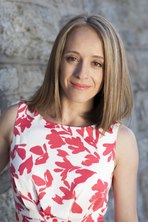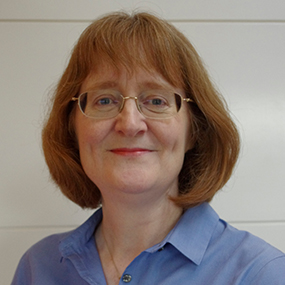Addressing social inequalities through housing: the almshouse projects
Two research teams outline their work on almshouse communities: can living in an almshouse community provide a longevity boost, and how can almshouse communities become more resilient?
Scroll down to watch the session recording.
Sponsored by the Almshouse Association and supported with funding from the Dunhill Medical Trust, a research team from Bayes Business School set out to test the hypothesis (based on a case study evaluation carried out in 2017) that residents of almshouse communities enjoy a longevity boost when compared with the equivalent socioeconomic group in the general English population. It goes on to examine the factors that might make this the case. The results from this study make a valuable contribution to the evidence base around the social determinants of a healthier older age and the role played by housing in improving health outcomes. To date, this is the largest UK-based study exploring life expectancy of almshouse residents with over 17 almshouses contributing their data to the project.
Alongside this, and as part of its Suitable Living Environments theme, the Trust also funded a team led by Dr Niamh Murtagh at University College London, together with seven community partners, to explore the question: “how can almshouse residents’ communities can become more resilient?” In particular, they’ve been examining what factors contribute to (1) social resilience, (2) resilience of the built environment, and (3) resilience in governance. You can hear more about the team’s work here – just click on the video link.
Read the Financial Times Article referencing the study (September, 2023)
Watch the recording
If you cannot see the embedded video below, then you can watch the recording on YouTube at this link.
Meet the speakers
Dr David Smith
Dr David Smith is a Senior Lecturer in Actuarial Science at Bayes Business School

Professor Ben Rickayzen
Professor Ben Rickayzen is a Professor of Actuarial Science and was Head of the Faculty of Actuarial Science and Insurance at Bayes Business School (formerly Cass) from 2008 until 2022. His research interests include health and social care, with a particular emphasis on long-term care for the elderly. He has received ESRC, EPSRC and Institute and Faculty of Actuaries’ grants to support his work. He began his career at the actuarial consultancy, Bacon & Woodrow (now part of Aon), and qualified as a Fellow of the Institute of Actuaries in 1990.

Alison Benzimra
Alison Benzimra is Head of Research and Influence at United St. Saviour’s Charity. Alison has extensive experience in the ageing research field. She has gained valuable insight into the almshouse movement and works closely with older residents, staff and academic partners on a variety of projects. Alison’s work is focused on demonstrating on how the charity’s housing and resident support models can lead to improved outcomes for residents and sharing these learning widely with the housing and ageing sector. Alison has her MPhil in Inclusive Innovation. Her research explored innovative business models in the healthy ageing sector. Her involvement in the British Society of Gerontology’s Ageing, Business and Society Special Interest Group underpins her belief that health and socioeconomic inequalities across the life course can be addressed by fostering a collaborative approach between the public, private and third sectors.

Dr Niamh Murtagh
The common research interest through all of Niamh’s work is that of behaviour change. Her research has explored motivation, identities and other factors influencing change to more environmentally responsible behaviour, in the domains of construction, gardening, energy, transport and recycling. Another theme of interest is technology and pro-environmental behaviour. In addition, her PhD research focused in part on decision-making in real-world contexts. Her initial research in UCL examined change towards sustainability in the construction industry. Focusing on the people associated with production of the built environment, from architects in small practices, repair-maintain-improve practitioners, town planners and building control surveyors to householders, she has investigated the role of intrinsic motivations and capabilities, professional identity and social power in engagement with sustainability. Having become increasingly aware of the lack of research within construction on issues relating to adaptation to the changing climate, her current work focuses on climate-related overheating, particularly in urban settings and affecting older people, and also on the role of urban greening in creating resilient cities and communities.

Do you have any questions or feedback?